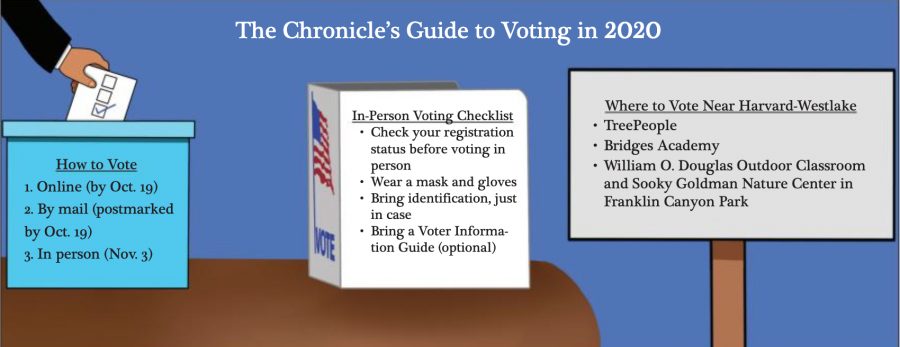Leading up to the 2020 election, both Democrats and Republicans have doubted national polling; however, it has consistently been a great way to get a general idea of who will likely win an election. In 2016, FiveThirtyEight’s election forecast gave Donald Trump only a 28.6% chance of winning the election. So, if polls are generally accurate, why were they so off in the 2016 election? Well, they actually weren’t as far off as most people think, but the same issues that plagued the 2016 polls could also play into the polls preceding the 2020 election.
FiveThirtyEight is a great website to get accurate and unbiased information on polling. They were able to correctly predict the results in 45 of 50 states in 2016, and four of the five states that they incorrectly predicted were won by a margin of 1.2% or less. All five of them—Wisconsin, Michigan, Pennsylvania, North Carolina and Florida—were victories for President Trump. Even though there were some wrong predictions, for the most part, the polling was accurate.
Alongside correctly predicting 90% of the states, the national polls accurately speculated that Hillary Clinton would earn more votes. However, they weren’t able to figure out who would win the right votes. Those five states were key swing states that shifted the election into Trump’s favor, and because of the Electoral College, that matters more than the national popular vote. Still, this doesn’t mean that people shouldn’t trust the popular vote to give a general sense of who might win. In 58 elections, only five times has the candidate who lost the popular vote won the election. National polling can still be used as an asset to guide predictions, but people should not completely form their opinions from it.
President Trump is a very unconventional candidate. There’s a popular theory that many of his supporters prefer to remain silent about their beliefs before the election because of how controversial he is. Nevertheless, FiveThirtyEight tested this theory by doing live phone-call polling and anonymous online polling. The results for both polls were off by approximately 1%, indicating that rather than Trump supporters being shy, the methods of polling may be slightly flawed.
In order to combat this in the 2020 election, if people decide to use the polls to help guide their predictions, they should be aware of a possibly large margin of error. Polls can still paint a fairly precise picture of what might happen in a given state, but if Joe Biden is favored by six or less percent, that state could truly go either way.
So, should you trust the polls in 2020? Well, yes, but to an extent. They are a great way to get a general sense of the possibilities on election night and the likelihood of those possibilities, but there are no guarantees. The polls are like a weather forecast, and even if the forecast predicts that there will be a 20% chance of rain, you might still have to use your umbrella if you go for a walk on that given day.



































